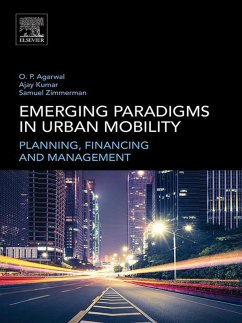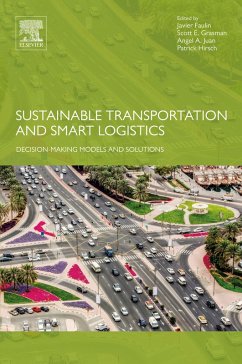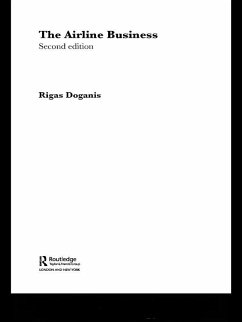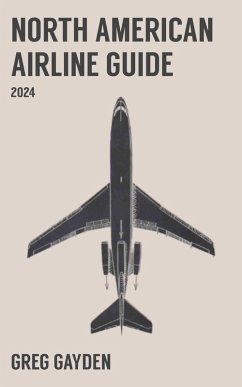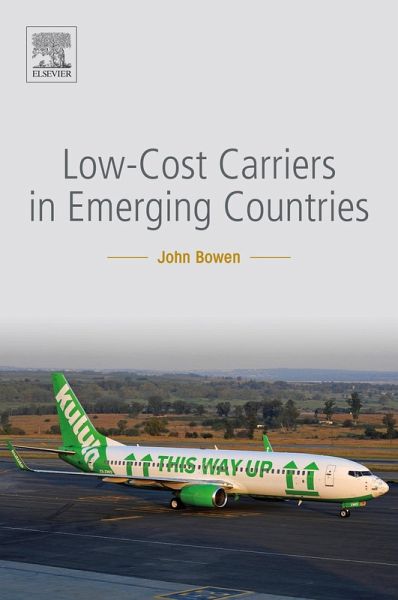
Low-Cost Carriers in Emerging Countries (eBook, ePUB)
Versandkostenfrei!
Sofort per Download lieferbar
79,95 €
inkl. MwSt.
Weitere Ausgaben:

PAYBACK Punkte
40 °P sammeln!
Low-Cost Airline Carriers in Emerging Countries traces the development of low-cost carriers (LCCs) in Asia, Latin America, the Middle East and Africa, examining airlines that have become significant players in their home markets but little known at a global scale. The book maps the geography of the LCC phenomenon, explaining the starkly varying success of budget airlines, and assessing their current social, economic and environmental impacts. The book concludes with insights into the future potential of the LCC phenomenon along with its global ramifications. Beginning with Southwest Airlines i...
Low-Cost Airline Carriers in Emerging Countries traces the development of low-cost carriers (LCCs) in Asia, Latin America, the Middle East and Africa, examining airlines that have become significant players in their home markets but little known at a global scale. The book maps the geography of the LCC phenomenon, explaining the starkly varying success of budget airlines, and assessing their current social, economic and environmental impacts. The book concludes with insights into the future potential of the LCC phenomenon along with its global ramifications. Beginning with Southwest Airlines in the 1970s, low-cost carriers (LCCs) have democratized air travel around the world, fostering huge increases in airline traffic and transforming the airline industry. At the same time however, the ascent of these budget airlines has exacerbated aviation-related problems such as aircraft noise, airport congestion, greenhouse gas emissions and more. LCCs have been extensively studied in the US and Europe but not in emerging regions of the globe. Yet the impact of such airlines is greatest in low- and middle-income economies where only a small fraction of the population has ever flown, and where competition from alternative modes (road, rail) is weak. - Examines the evolution of low cost carriers around the world, how established airlines react to their entry and the wide-ranging societal implications for individual countries and the world - Places emerging countries' LCCs into a global context, comparing them to their US and European counterparts - Offers original quantitative analysis of LCC networks at several spatial scales (global, regional, national, airport vs. airport) using global schedule data from OAG - Includes professionally produced maps of representative airlines networks
Dieser Download kann aus rechtlichen Gründen nur mit Rechnungsadresse in A, B, BG, CY, CZ, D, DK, EW, E, FIN, F, GR, HR, H, IRL, I, LT, L, LR, M, NL, PL, P, R, S, SLO, SK ausgeliefert werden.





